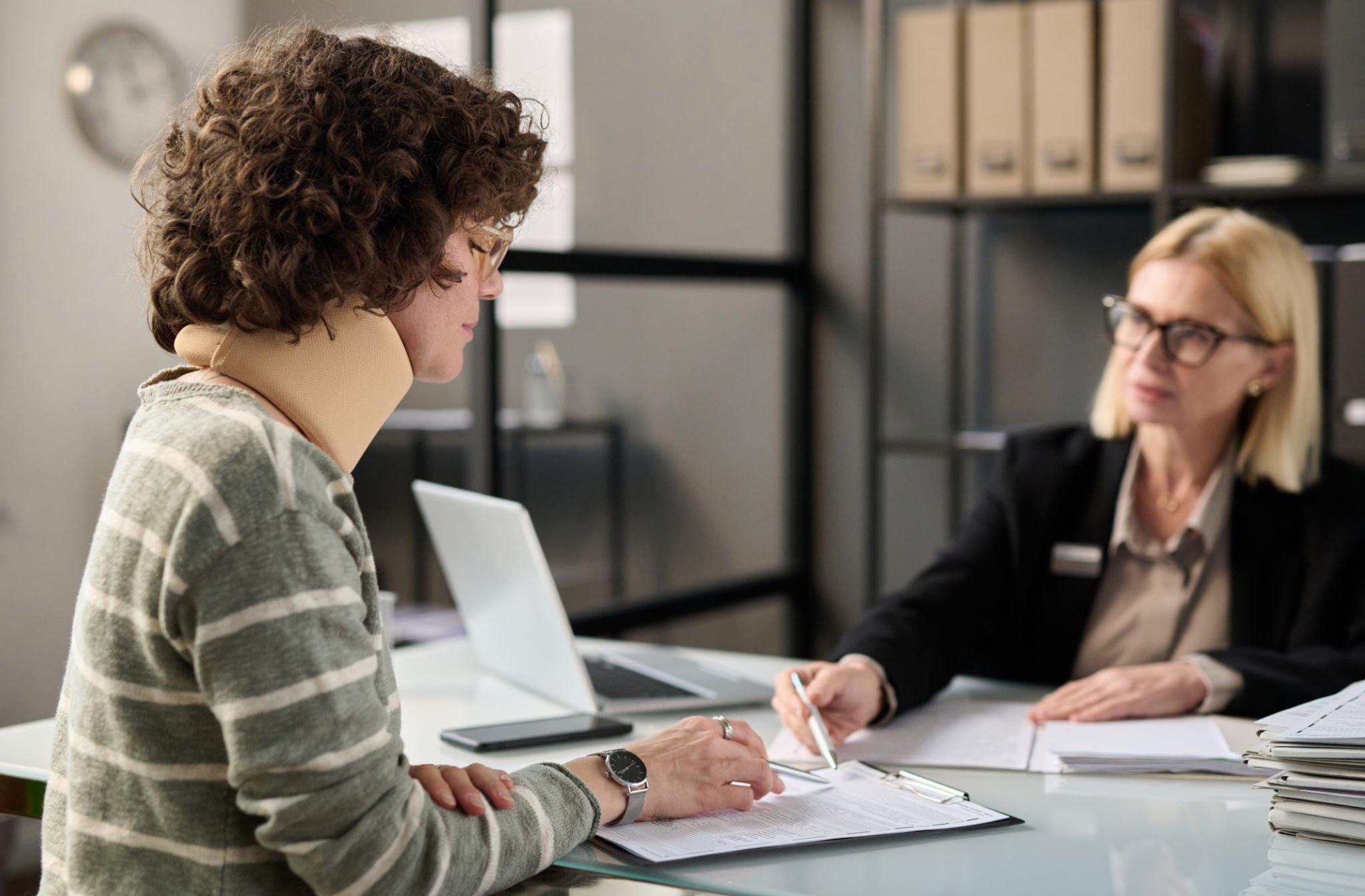Navigating the intricate landscape of immigration law in the United States requires a deep understanding of the legal processes involved, especially when it comes to issues as crucial as the VAWA processing time. The Violence Against Women Act (VAWA) stands as a pivotal federal law in the United States, offering a lifeline to relatives of U.S. citizens or lawful permanent residents (LPRs) who are victims of abuse. Enacted by Congress in 1994, VAWA allows survivors to seek an adjustment of status by self-petitioning, independent of their abuser. This groundbreaking legislation not only aims to shield victims from abuse but also strives to raise awareness about domestic and dating violence, stalking, and sexual assault. As survivors embark on the journey of self-petitioning through VAWA, they must navigate a legal process that, depending on various factors, can take anywhere from 24 to 36 months.
In this blog, we delve into the intricacies of the VAWA processing time, shedding light on the factors influencing the duration of this crucial legal journey.
How Long Does it Take to Process a VAWA Application?
The processing of VAWA applications falls under the jurisdiction of the United States Citizenship and Immigration Services (USCIS). However, the road to justice is not always swift. Recent challenges, including staffing shortages and underfunding, have plagued the USCIS, leading to significant delays in processing times. Applicants can expect the processing of VAWA petitions to range from 24 months to three years.
The extended processing time is not solely a result of bureaucratic inefficiencies but is also attributed to the intricate nature of the information required by USCIS. Survivors opting for self-petitioning must furnish detailed documentation and answer inquiries that may arise during the evaluation of their case. It is crucial for applicants to keep their contact information updated throughout the process, as USCIS may need to reach out for additional details or clarification.
An additional nuance in the process is the selection of a mailing address. Many survivors understandably prefer to submit an address that their abuser cannot access. This may involve providing the address of a lawyer or a trusted family member. Despite the potential duration of the process, maintaining an up-to-date mailing address is imperative. This underscores the importance of meticulous attention to the procedural steps outlined by USCIS.
Can I Check the Status of My Petition?
Tracking the progress of a VAWA self-petition provides applicants with a sense of control, peace of mind, and visibility into the process. USCIS facilitates this through online account access or a customer service hotline. Applicants need their receipt number and a unique identifier tied to their case to check the status.
The online portal not only serves as a tracking tool but also as a communication bridge. USCIS may use this platform to request additional information or provide updates. Regularly checking the status ensures that applicants are promptly informed of any developments in their case.
What Happens if I Get Approved?
The culmination of the VAWA self-petition process is the approval by USCIS. This milestone opens doors to further opportunities, as survivors may become eligible to apply for lawful permanent residency, commonly known as a green card and a work permit. While this represents a significant step towards a secure and independent future, the journey continues.
Obtaining a green card is a subsequent process that may span several months. It involves submitting additional forms and supporting documents, each playing a crucial role in the overall application. The thoroughness and accuracy of this phase are paramount, as any oversight can lead to delays or complications.
Submitting a Self-Petition Doesn’t Have to Be Stressful
In pursuing justice and a brighter future, self-petitioning through VAWA may seem daunting. However, it’s essential to recognize that you don’t have to navigate the whole VAWA processing time. At 360 Immigration Law Group, our commitment extends beyond geographical boundaries, offering invaluable support to clients across the United States and beyond.Whether you find yourself in Coconut Creek, Pompano Beach, Boca Raton, Tamarac, Parkland, Deerfield Beach, Sunrise, Oakland Park, Fort Lauderdale, and Plantation, our expert immigration attorneys are here to provide meticulous legal support. Contact us at 954.667.3660 for a free consultation. Let us be your partner in this critical journey, empowering you with the legal support needed to secure a safer and more promising future.

